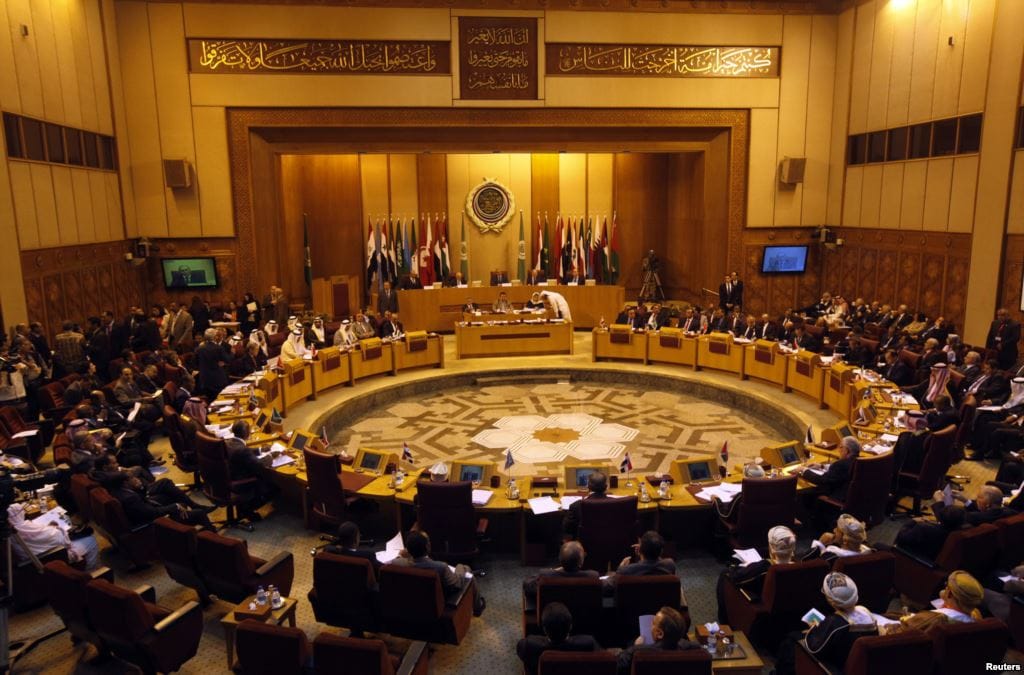The ongoing conflict in Syria has drawn international attention and concern, particularly regarding the humanitarian situation and the political landscape. In recent developments, a coalition of officials from the United States, Turkey, and various Arab nations has come together to advocate for a peaceful transition in Syria. This coalition underscores the necessity of a collaborative approach to resolve the multifaceted crisis that has plagued the nation since 2011.
The Syrian civil war has resulted in significant loss of life, displacement of millions, and widespread destruction of infrastructure. As the conflict continues to evolve, the need for a concerted effort to establish peace and stability has become increasingly urgent. The recent statements from U.S., Turkish, and Arab officials reflect a shared understanding of the importance of a diplomatic solution that prioritizes the welfare of the Syrian population.
U.S. Secretary of State, along with Turkish and Arab leaders, emphasized the need for a political process that is inclusive and representative of all segments of Syrian society. This includes the participation of various ethnic and religious groups, as well as women and youth, who have been disproportionately affected by the conflict. The officials acknowledged that any lasting solution must address the root causes of the conflict, including issues of governance, human rights, and economic stability.
The coalition’s support for a peaceful transition also comes in response to the alarming humanitarian situation in Syria. According to the United Nations, millions of Syrians are in need of humanitarian assistance, with many facing food insecurity and lack of access to essential services. The officials stressed that a peaceful resolution to the conflict is critical to alleviating the suffering of the Syrian people and ensuring that humanitarian aid can reach those in need without obstruction.
In addition to humanitarian concerns, the coalition highlighted the importance of countering extremist groups that have exploited the chaos of the Syrian war. By promoting a political transition, the coalition aims to create conditions that discourage radicalization and violence, thereby contributing to regional stability. The officials underscored that a united front against extremism is essential for the long-term security of both Syria and its neighboring countries.
The diplomatic efforts to support a peaceful transition in Syria are not without challenges. The complex web of alliances and enmities in the region complicates negotiations, as various factions within Syria and external actors have differing agendas. The coalition called for all parties to engage in constructive dialogue and to prioritize the interests of the Syrian people over political ambitions.
Furthermore, the officials recognized the role of international organizations, such as the United Nations, in facilitating peace talks and providing humanitarian assistance. They urged the international community to remain engaged and to support initiatives that promote dialogue and reconciliation among the various stakeholders involved in the conflict.
As the situation in Syria continues to unfold, the coalition of U.S., Turkish, and Arab officials remains committed to advocating for a peaceful resolution. Their unified stance reflects a growing recognition of the need for collaborative efforts to address the humanitarian crisis and to lay the groundwork for a sustainable political solution. The officials expressed hope that through continued diplomatic engagement, a path towards peace can be forged, ultimately leading to a brighter future for the Syrian people.
In conclusion, the recent expressions of support for a peaceful transition in Syria by U.S., Turkish, and Arab officials mark a significant step towards addressing the ongoing crisis. The emphasis on an inclusive political process, coupled with a focus on humanitarian assistance and countering extremism, highlights the multifaceted approach needed to resolve the conflict. As the international community continues to engage with the situation in Syria, the commitment to a peaceful transition remains paramount for the stability and well-being of the region.



